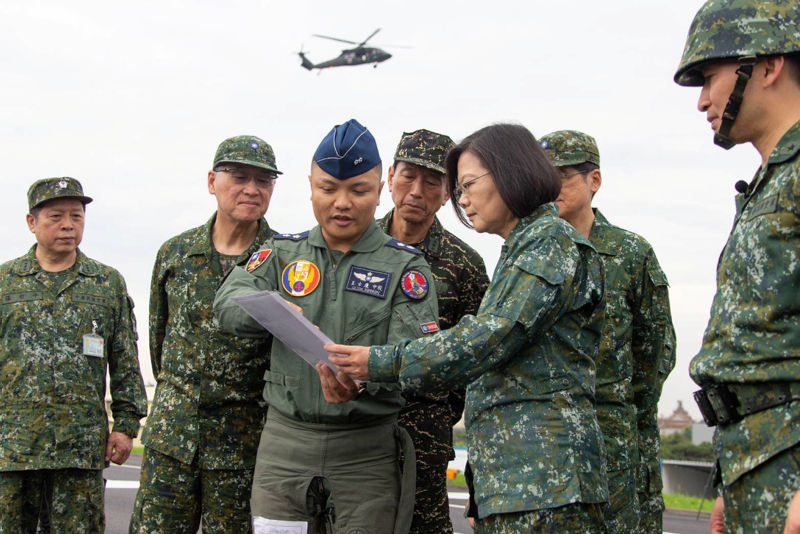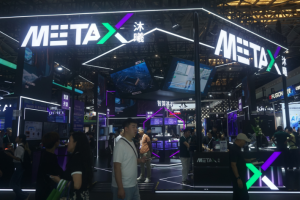Taiwan’s defence spending this year will focus on preparing weapons and equipment for a “total blockade” by China, the island’s military said in a report.
In “anticipation of a total blockade of the Taiwan Strait”, spending this year would include replenishment of artillery and rocket stocks, and parts for F-16 fighters “to strengthen combat continuity”, Taiwan’s defence ministry said in a report seeking parliamentary budget approval.
The ministry also said it would prioritise funding in the budget this year for major US-made weapons, including Stinger anti-aircraft missiles, and M142 High Mobility Artillery Rocket System (HIMARS) mobile rocket launchers.
Also on AF: China’s Taiwan Threats Prompt Funds Strategy Rethink
China, which views Taiwan as its own territory, staged war games around the island last August. It fired missiles over Taipei and declared no-fly and no-sail zones in a simulation of how it would seek to cut Taiwan off in a war.
In an update on its threat assessment from China, the Taiwan ministry said the Chinese military has been conducting joint force operations with an eye to controlling strategic choke points and denying access to foreign forces.
‘Actual war approach’
“Recently, the Communist military’s exercise and training model has been adjusted from a single military type to joint operations of land, sea, air and rocket forces,” it said in the report, that was issued ahead of Defence Minister Chiu Kuo-cheng’s taking lawmakers’ questions in parliament last week.
“It is adopting an actual war approach and shifting from training to combat preparation.”
The defence ministry also used the report to announce that it has begun reviewing its strategic fuel reserves and repair abilities last year, but did not give details.
A total blockade of Taiwan could have tremendous implications for tech supply chains across the world. The island is home to the world’s largest contract chipmaker, TSMC, which controls about 84% of the global market for advanced chips under 10 nanometers.
These chips sit at the heart of many of the world’s leading tech devices, including weaponry, and are at the centre of the tech war between the US and China.
TSMC is “possibly the most important company on the planet,” Scott Kennedy, an expert on China and semiconductors at the Center of Strategic and International Studies in Washington, told Asia Financial last year.
Crucial waterways at risk
China has never renounced the use of force to bring Taiwan under its control.
Chinese President Xi Jinping said on Monday that in regard to Taiwan, China must oppose pro-independence and secessionist activities and the interference of external forces. He also said China must modernise its military to make it a “Great Wall of Steel”.
Taiwan’s defence ministry said China has systematically increased the strength of its “joint combat readiness” actions around Taiwan.
China’s military’s Eastern Theatre Command last year sent more than 1,700 aircraft into Taiwan’s air defence identification zone. That is more than double the number from a year earlier and poses a “substantial threat” to Taiwan’s defence, the ministry said.
China has been “normalising” no-navigation zones around the Bohai Sea, the Yellow Sea and the Taiwan Strait, the ministry added.
According to Taiwan, China also hopes to hone its abilities to fight into the “second island chain” which includes an area from Japan to the Pacific islands to “choke and control” the Bashi Channel, the Miyako Strait and Tsushima Strait. These three waterways are crucial to access to the Pacific and East China Seas.
Taiwan’s defence ministry said China has also continued to use “grey zone” tactics to test Taiwan’s response, including sending drones, balloons and fishing boats to areas close to Taiwan.
China’s Taiwan Affairs Office did not immediately respond to a request for comment.
- Reuters, with additional editing by Vishakha Saxena






















